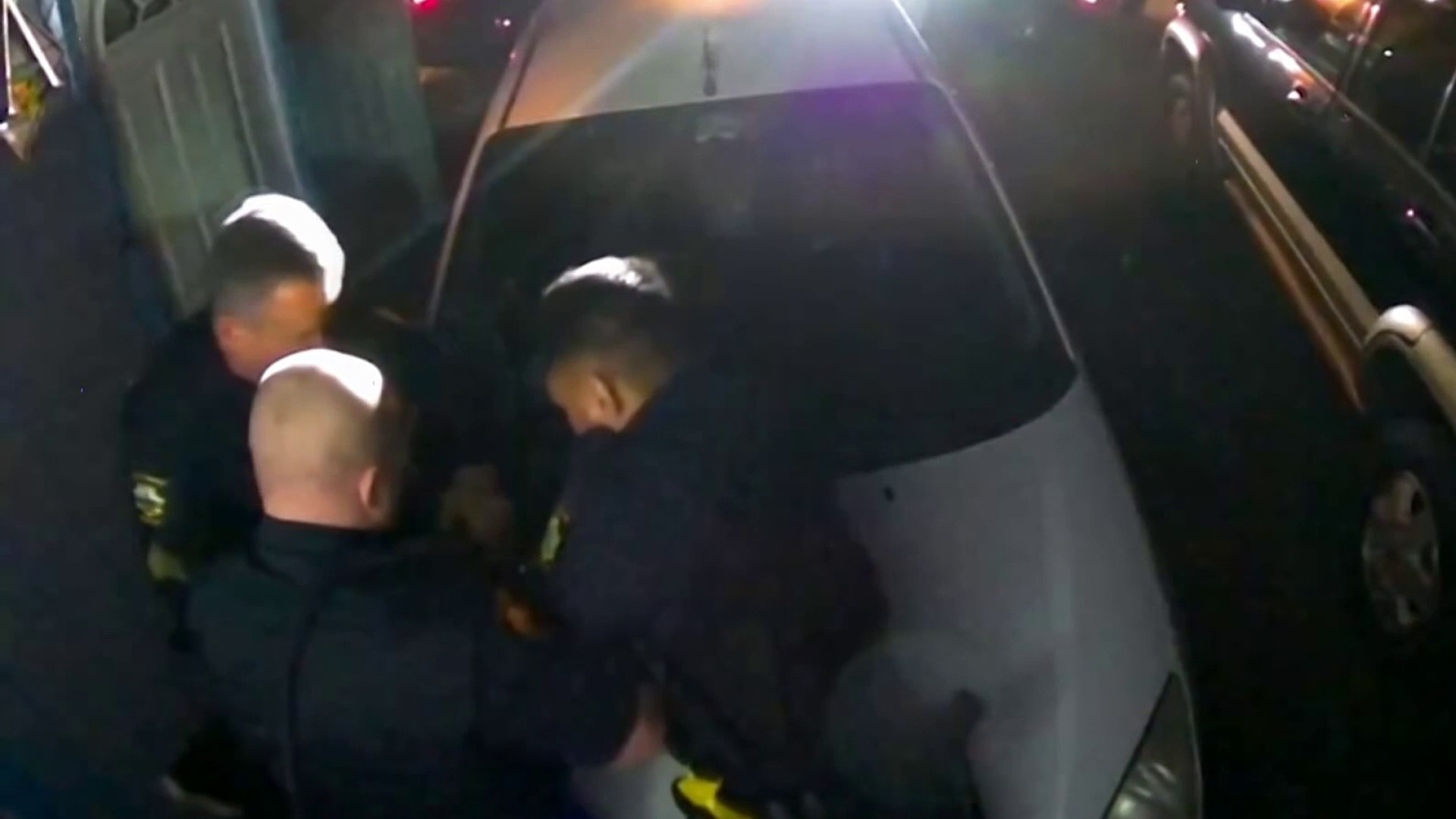California would lift some of the secrecy surrounding police shootings and other use of force by officers under a measure that advanced Wednesday in the Legislature.
Senators approved the public release of police reports when officers are found to have improperly used force or discharged a firearm, committed sexual assaults on the job or have been dishonest in their official duties.
The legislation was among several criminal justice measures considered by lawmakers, including two that would limit prison sentences.
"California is one of the most secretive states in the nation," said Democratic state Sen. Nancy Skinner of Berkeley. She said 12 states allow more disclosure on police misconduct, while 15 other states have requirements similar to her proposal.
Supporters said Skinner's measure would help restore public trust amid a national outcry over police shootings of minorities. The fatal police shooting of 22-year-old Stephon Clark, an unarmed black man, roiled Sacramento in March with days of protests.
"There is great distrust in this state and in this country as it relates to law enforcement," said Democratic Sen. Steven Bradford of Gardena. "They should be held to the same accountability as anyone else."
Republican Sen. Jeff Stone of Temecula said the measure could open officers to more attacks and criticism. Officers already are punished for misconduct, it's just not made public, argued GOP Sen. Jim Nielsen of the small town of Gerber north of Sacramento.
Local
Numerous police organizations oppose the measure, which moved to the Assembly after a 25-11 Senate vote. Skinner said she is considering an amendment that would redact officers' names from public reports.
Republicans also criticized two measures limiting criminal sentences.
One would prevent judges from imposing sentences longer than twice the base term by limiting so-called enhancements for repeat offenses or using a firearm. For instance, enhancements that would lengthen a seven-year base term could not exceed a 14-year sentence.
"We're not talking about letting rapists and murderers out," Bradford said of his measure, which moved to the Assembly on a 22-14 vote.
He said it is "striving for balance to make sure poor people have a chance to turn their lives around and not spend the rest of their lives in prison."
A separate measure would bar juveniles ages 14 and 15 from being tried in adult courts.
"Children and youth who commit crimes are capable of change and are redeemable," said Sen. Ricardo Lara, a Los Angeles-area Democrat who authored the legislation.
He said youth of color are disproportionately transferred to adult courts and prisons.
"Keeping our youth in the juvenile system doesn't mean they get off with a slap on the wrist," he said.
Young offenders can still be incarcerated at juvenile facilities where they will receive age-appropriate rehabilitation services rather than what he said can amount to training in a life of crime at adult prisons.
Stone and Nielsen, the Republicans, said the option of transferring young offenders to adult prisons should be available for the worst offenders.
The measure was awaiting a final vote.



